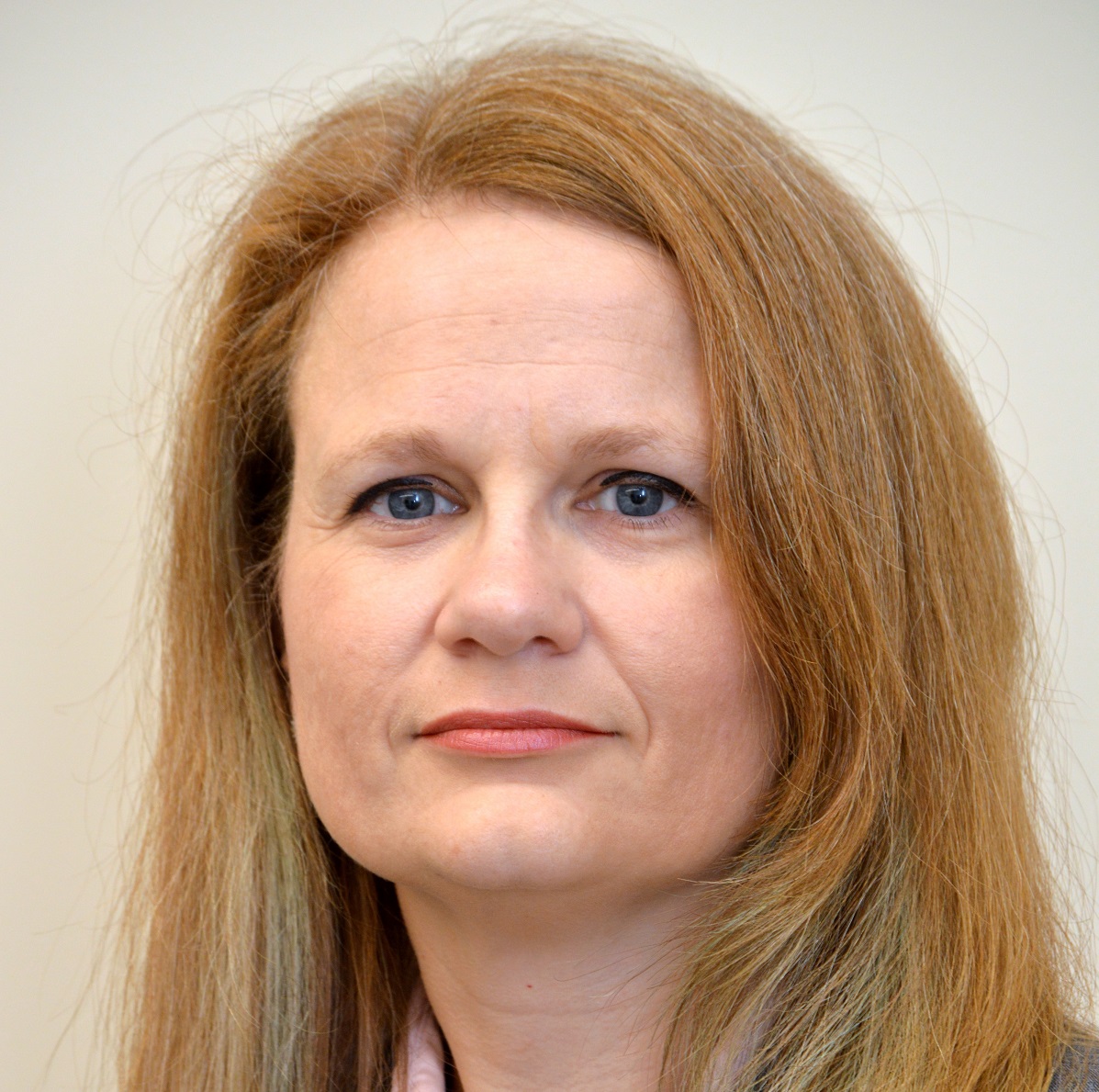Learning is both a personal and a career opportunity: a lifelong skill that helps us navigate challenges, work more effectively and become better developers. Commit’s Sarah Marion sat down with Bethany Foote, head of Infrastructure Engineering at Outschool, to talk about the challenges of building a learner’s mindset, both as an individual and within a company culture. See second post here and third post here.
On building a learner mindset while working remotely
Sarah: When you’re working remotely, you don’t see your peers. You don’t see them struggling, nor do you really witness that ‘aha’ moment at the office when they’ve figured something out. I’m wondering if you have any specific practices that you’ve found to be useful in terms of embedding a learner’s mindset specifically within remote teams.
Bethany: At Outschool, we do a lot of pairing. People ask for it in Slack and during our stand-up meetings in the morning. There’s just something about being able to work alongside someone on a problem and to be able to share that victory when you figure it out.
We use tools like Tuple to help facilitate those kinds of experiences and to make that work better and more enjoyable. We’re also trying out meeting-free Wednesdays, where we set aside time for the engineering team to work together and build personal relationships. I think that’s really key.
Working and pairing together in this way opens us up to being vulnerable with each other when we are struggling. You’ve seen each other, you’ve met each other, and now you’re working on problems together. Through that process you build up trust and an understanding that you don’t have to be perfect, that you can be honest about not having a great day or that you’re struggling with something.
Sarah: I really like that approach. We have something similar at Commit called 45 for 45. In the first 45 days in someone’s tenure, their direct manager will spend 45 minutes with them on Zoom going through their work and talking through any situations that might pop up. Vocalizing while you’re solving a problem—saying “This is where I’m blocked, this is where I’m not totally confident in the solution”—it humanizes you as the more experienced person in their eyes and shows that you yourself are still learning.
Bethany: Absolutely. We have a similar programme where we have an onboarding buddy for every person that comes on. They’re paired up with an engineer who is there for them, who, right out of the gate, helps them set up their dev tools, their environment, addressing any problems, just getting them started. That initial connection can be really helpful and reassuring when someone is first starting out.
Sarah Marion: Getting comfortable with the ambiguity and fear of failure at a new startup job can be so challenging in general. Anything you can do to lessen that pressure is a huge help.
Bethany: Absolutely, that brings up another important point about encouraging learning and having a learner’s mindset. One of the things that can really drum that out of people is the fear of failure, the fear of getting blamed. If somebody is learning new skills at a startup, if you want them to learn a new coding language, for example, you have to have grace and a willingness to put up with a bit of failure, to make it okay for them to ask for help. It really gives them space and encourages them to learn. If they are operating from a place of fear, they’re not going to be learning.
Sarah: We’ve talked about our teams and our companies, but what about your own career? How have you approached driving your own career forward and learning?
Bethany Foote: I advocate building your toolkit of skills, particularly for early career contributors—your technical toolkit specifically. If you are going to be in engineering leadership down the road, technical competence is critical.
Early in their career, many people don’t know if they want to keep doing what they’re doing forever or if they want to go into management. Building technical competence will never steer you wrong, no matter what you end up doing. Once you’re a manager, your ability to learn new technical skills slows down as you simply don’t have as much time.
You can’t take your job title with you, you can’t always take your seniority with you, but you can take your toolbox of skills. So when you have an opportunity to learn and build that toolbox, take it.
I left my first employer on the cusp of getting a leadership job because I didn’t feel my technical skills were strong enough. So I joined a consultancy and threw myself into it, and became a much stronger developer than I would have been if I stayed where I was. It was scary, but looking back it was a really good move.
The technical skills I gained in that two-year period, before I became a team lead, I lean on even today, a decade later.
Strive for learning, strive for opportunity. If the only thing you focus on is a job title, that’s not what’s going to get you your next job. What you’ve learned, what you know, and what you actually do will get you your next job.
# # #
Bethany Foote is the head of Infrastructure Engineering at Outschool. Her extensive experience in tech includes cloud SAAS products, enterprise applications, mission-critical space systems, and more.
Sarah Marion leads Startup Partnerships at Commit. She’s spent her career collaborating with early stage founders as they solve valuable problems.
Do you want to stay up-to-date with Commit news? Subscribe to our newsletters!
